Preparing for unexpected events is crucial, but it’s easy to make costly mistakes along the way. To help you navigate your prepping journey, we’ve compiled a list of common financial missteps and how to steer clear of them. By avoiding these pitfalls, you’ll be better equipped to face any challenge that comes your way.
1. Overspending and Living Beyond Your Means
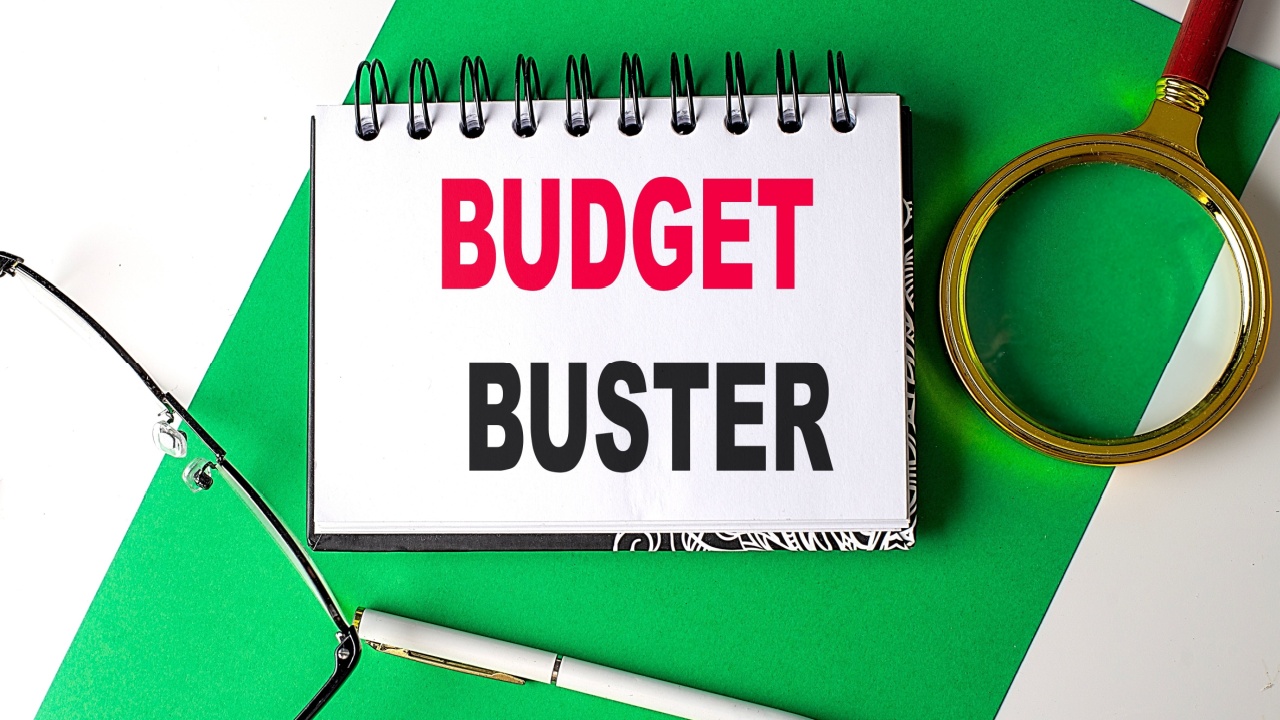
One of the most common money mistakes is overspending and living beyond your means. To avoid this, make a shopping list and stick to it, pay in cash when possible, and create a budget to track your expenses. By living within your means, you’ll have more funds available for essential prepping supplies.
2. Not Setting Clear Financial Goals

Setting unclear money goals can hinder your prepping progress. To fix this, create SMART goals that are specific, measurable, attainable, relevant, and time-bound. This will help you stay focused and motivated as you work towards your prepping objectives.
3. Ignoring Your Credit Score

Your credit score plays a crucial role in your financial well-being, and ignoring it is a common mistake among those in their 20s. Check your credit report regularly and take steps to improve your score, such as paying bills on time and keeping credit card balances low. A good credit score can help you access funds when you need them most.
4. Not Having an Emergency Fund
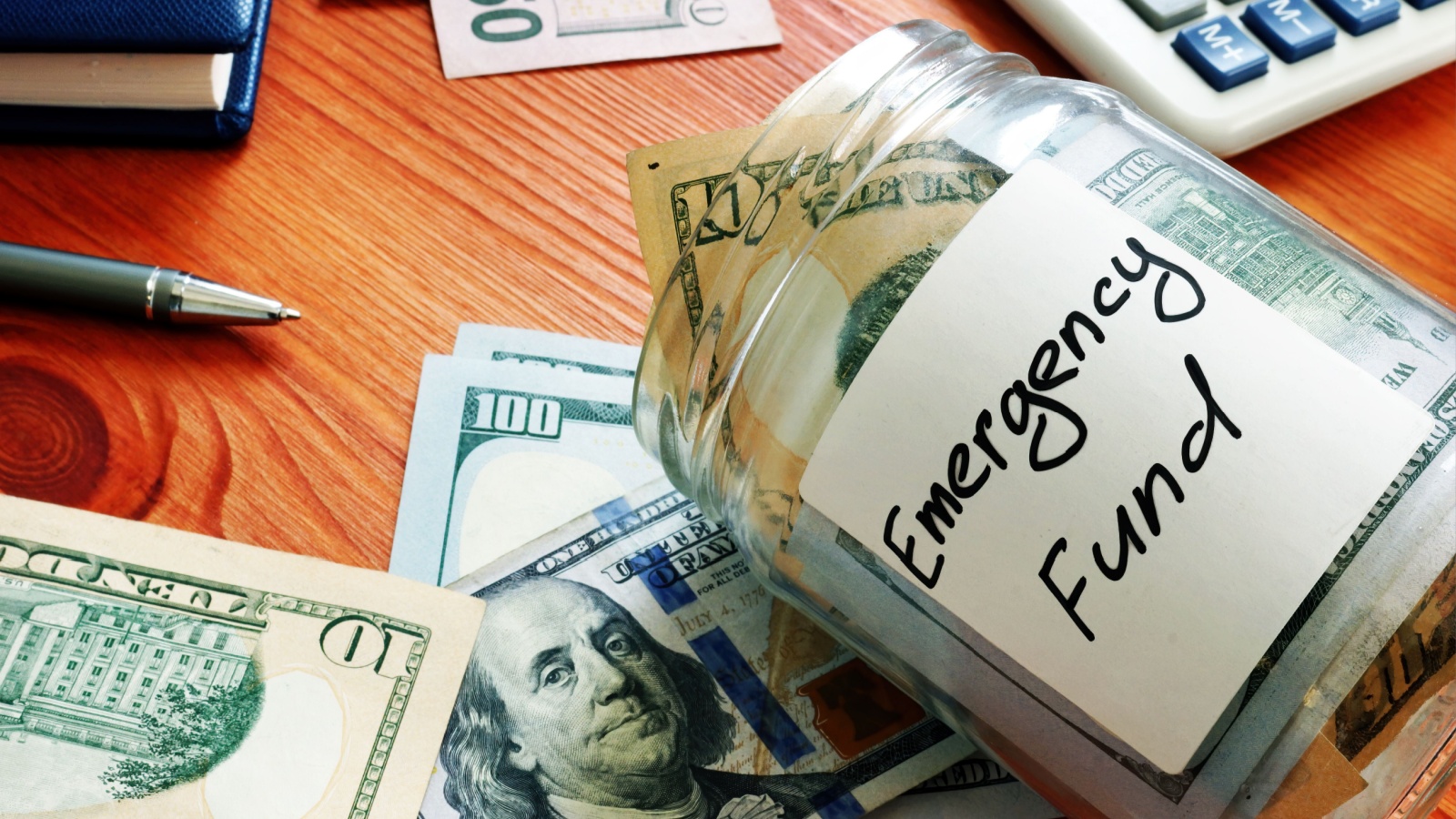
An emergency fund is essential for any prepper, yet many people fail to prioritize this savings goal. Aim to save at least 3-6 months’ worth of expenses in a separate account that you can easily access during a crisis. This will provide a financial cushion and peace of mind when unexpected events occur.
5. Failing to Diversify Your Investments
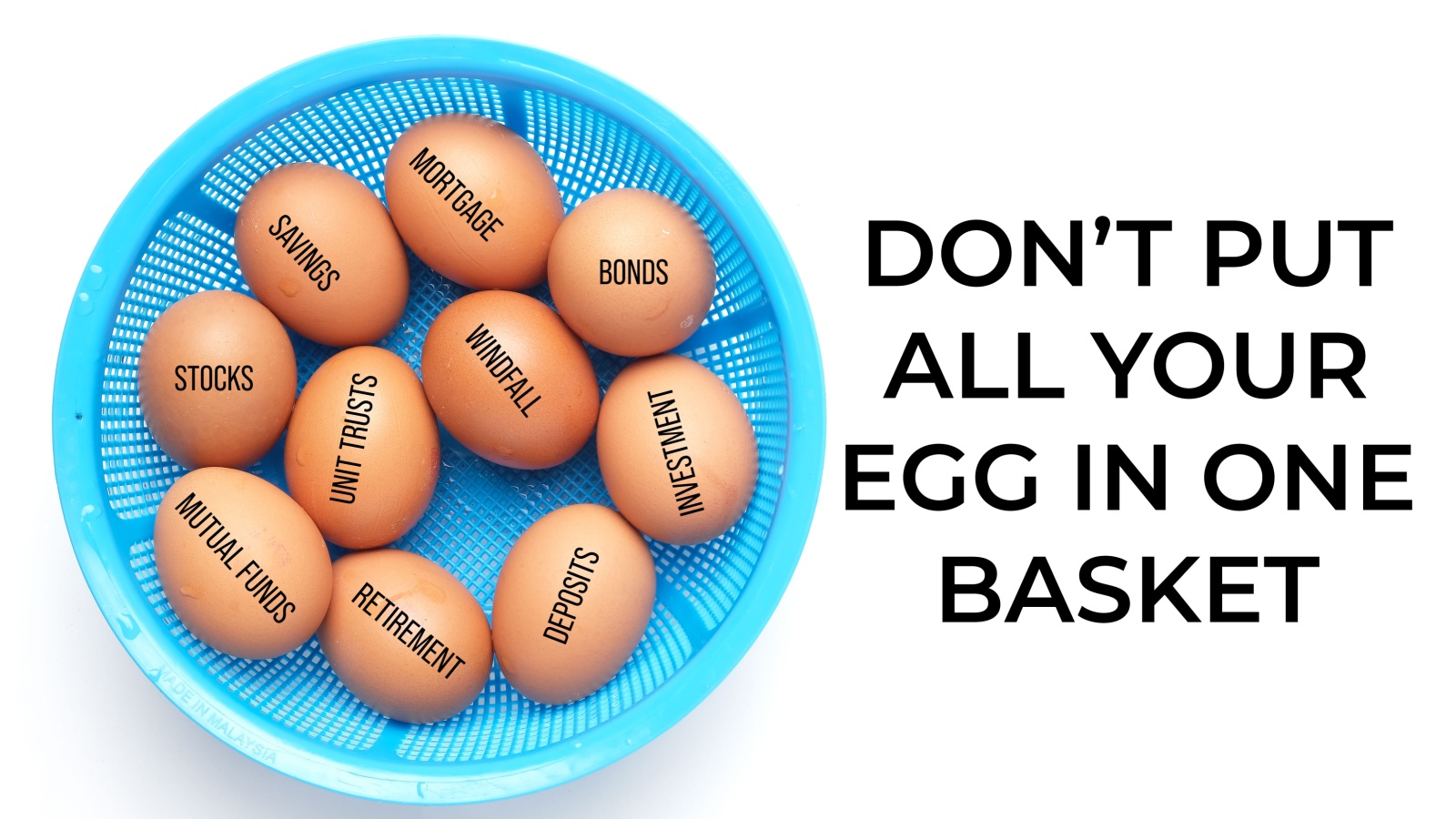
Diversification is key to minimizing risk and maximizing returns on your investments. Don’t put all your eggs in one basket; instead, spread your money across various asset classes, such as stocks, bonds, and real estate. This will help protect your wealth during market fluctuations and ensure long-term financial stability.
6. Not Keeping a Budget

Not keeping a budget is a common financial mistake that can derail your prepping efforts. Create a detailed budget that accounts for all your income and expenses, including prepping supplies and equipment. Regularly review and adjust your budget to ensure you’re staying on track and making progress towards your goals.
7. Overlooking the Importance of Insurance

Insurance is a critical component of any prepping strategy, yet many people overlook its importance. Invest in comprehensive insurance policies that cover your home, vehicle, health, and life. This will provide financial protection in the event of accidents, natural disasters, or other unforeseen circumstances.
8. Not Investing in Self-Sufficiency Skills

While stockpiling supplies is important, it’s equally crucial to invest in self-sufficiency skills. Learning how to grow your own food, purify water, and perform basic first aid can help you thrive during a crisis. Allocate a portion of your prepping budget towards education and skill-building resources.
9. Buying Unnecessary or Low-Quality Gear

It’s easy to get caught up in the excitement of prepping and purchase unnecessary or low-quality gear. Before making any purchases, research the items thoroughly and prioritize quality over quantity. Invest in durable, multi-purpose equipment that will serve you well in various scenarios.
10. Neglecting to Rotate and Maintain Supplies

Prepping supplies, such as food and medications, have limited shelf lives. Neglecting to rotate and maintain these items can lead to waste and financial loss. Implement a system for regularly checking expiration dates and using older supplies first. This will ensure your supplies remain fresh and effective when you need them most.
11. Not Having a Debt Repayment Plan

Debt can be a significant burden during a crisis, limiting your ability to invest in essential prepping supplies. Create a debt repayment plan that prioritizes high-interest debts and aim to become debt-free as quickly as possible. This will free up more of your income for prepping and provide greater financial stability.
12. Ignoring the Value of Bartering

In a crisis situation, cash may not always be the most valuable asset. Learning the art of bartering can help you acquire essential goods and services without relying on traditional currency. Build relationships with other preppers and develop skills or stockpile items that can be used for bartering.
13. Not Having a Financial Backup Plan

Despite your best efforts, unexpected events can still derail your prepping plans. It’s essential to have a financial backup plan in case of job loss, medical emergencies, or other unforeseen circumstances. Consider creating a side hustle or passive income stream that can provide additional funds during tough times.
14. Failing to Involve Family Members

Prepping is a team effort, and failing to involve family members can lead to financial strain and conflict. Openly discuss your prepping goals and budget with your loved ones, and work together to prioritize expenses and allocate resources. By getting everyone on board, you’ll be better prepared to face challenges as a united front.
15. Not Staying Informed About Economic Trends
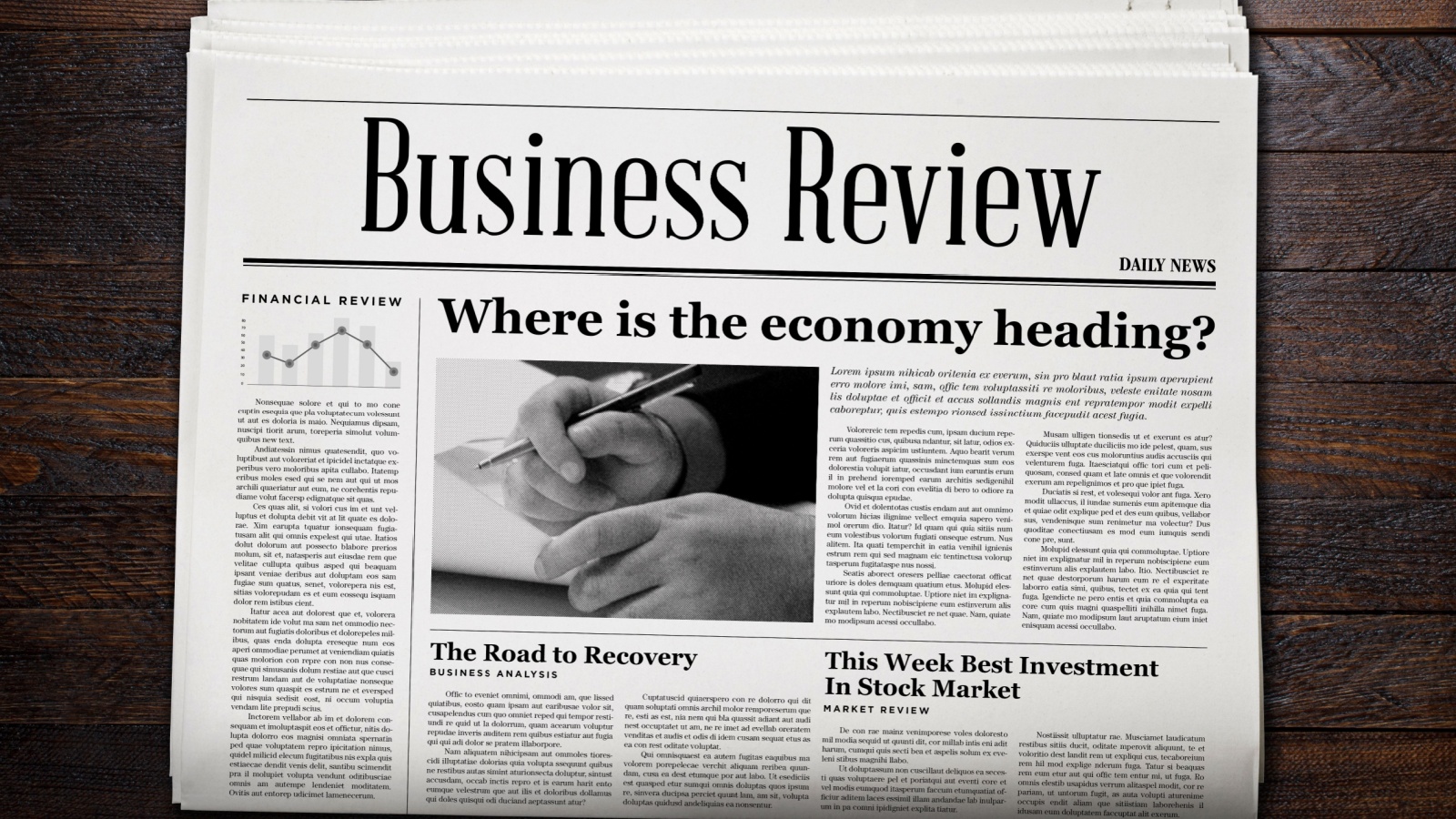
Economic trends can have a significant impact on your prepping efforts. Not staying informed about inflation, market fluctuations, and other financial indicators can leave you vulnerable to economic downturns. Stay up-to-date on economic news and adjust your prepping strategy accordingly.
16. Underestimating the Importance of Financial Preparedness

Finally, one of the biggest money missteps in prepping is underestimating the importance of financial preparedness altogether. Remember that financial stability is just as crucial as stockpiling supplies and learning survival skills. By avoiding these common money mistakes and prioritizing financial preparedness, you’ll be better equipped to face any challenge that comes your way.
20 Crucial Supplies for Surviving a Societal Collapse

In the face of uncertainty, being well-prepared gives you at least some degree of control and security. The thought of a societal collapse, while extreme, prompts us to consider how we might endure without the conveniences of our current lifestyle. Here’s a list of 20 essential items that could prove indispensable in such a scenario. This guide isn’t about succumbing to fear but embracing preparedness and resilience.
14 Essential Canned Goods for Your Emergency Pantry
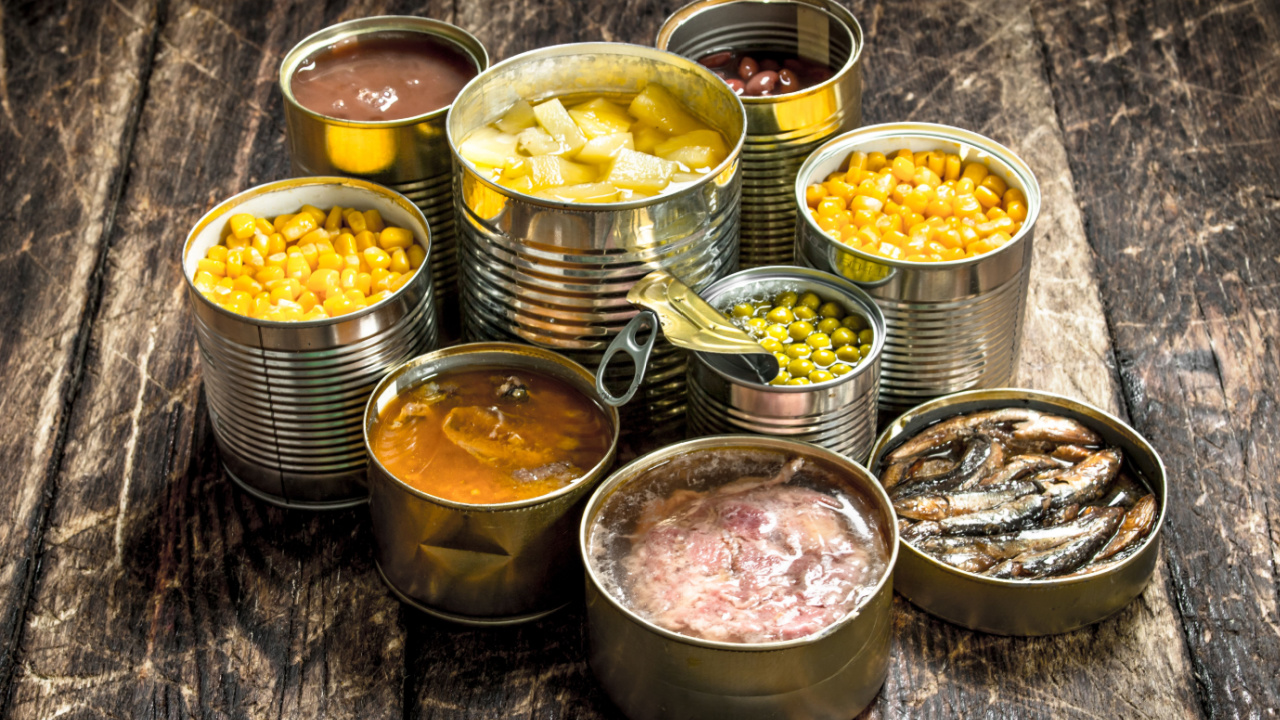
I firmly believe in keeping a well-stocked emergency pantry. While fresh food is ideal, in a survival situation, we may not be that lucky. So, for my family, even though we grow a lot of our own food, canned goods play a crucial role in emergency preparedness. They offer a reliable source of nutrition when access to fresh produce may be limited. The goods you stockpile should be affordable, easy to store, and full of nutrition.
Best Regions in the U.S. to Escape to When Society Collapses

Choosing a refuge in the event of societal collapse involves weighing the pros and cons of each location against your personal preparedness goals and abilities. Whether you’re drawn to the solitude of the desert or the protective heights of the mountains, the key is finding a place that offers safety and the opportunity for growth and renewal.

